A new report has been published outlining the key barriers and challenges in electric vehicle (EV) uptake for vulnerable and disabled motorists.
Scottish and Southern Electricity Networks (SSEN) has published the report as part of its project Equal EV. The project will now examine potential solutions for addressing the obstacles identified and how different services can best support vulnerable and drivers in the EV transition.
Transport is the UK's highest emitting sector, accounting for around a third of UK carbon emissions annually. Both the UK and Scottish Governments have set ambitious targets to address this, including banning the sale of new diesel and petrol vehicles by 2030, and are seeking to accelerate the transition to decarbonised transport.
With approximately 2.9 million blue badge holders in 2020 in the UK, Equal EV is examining the barriers and challenges vulnerable and disabled motorists face in the transition to EVs and how to best address them. As part of the Project's first phase, and alongside project partner Disabled Motoring UK, a comprehensive literature review and interviews were undertaken with disabled and vulnerable motorists, and automotive industry experts and organisations. Four primary barriers to EV uptake were identified:
• Accessibility of chargepoints, to ensure drivers can access and use chargepoints
• Costs, including high upfront costs and additional costs for modifications
• Range anxiety, including ensuring disabled motorists do not become vulnerable if EVs run out of charge
• Different manufacturers and charging compatibilities requires drivers to seek specific guidance and support
Whilst some of the barriers identified are similar to those commonly identified by other drivers, the report has demonstrated the need for additional provisions and considerations to address accessibility and mobility barriers. For example, whilst drivers may be concerned with EV range, few would need to take into consideration the accessibility of different EV chargepoints, such as the weight of cables, height of charging stations, and suitability of parking arrangements. Additionally, few drivers would also have to consider becoming more vulnerable in the event of an EV running out of charge.
The Report's findings are summarised into three key areas for industry, manufacturers, and operators to address. First, implementing common regulation and standards in charging equipment available to reduce the number of incompatible and costly offerings. Second, ensuring common standards are available at chargepoints, such as designated parking spaces, dropped kerbs, and equipment being accessible for disabled and vulnerable motorists. Finally, the report identifies a need for collaborative action between industry, government, network operators and stakeholders in addressing these barriers and obstacles.
SSEN is strongly committed to supporting a cost-effective, secure, and inclusive transition to net zero. This means ensuring opportunities are open to all customers and infrastructure is developed in a fair and accessible manner.
The next phase is bringing together different stakeholders, such as automotive and chargepoint industry groups and manufacturers, and national and local governments, to identify opportunities, gaps, and different stakeholder responsibilities. Areas being examined include home charging, using EVs as a back-up power supply for a house, vehicle-to-grid export solutions, and ensuring public chargepoints and chargepoint equipment are accessible. As part of this, the learnings from the Project's first phase are being shared with industry stakeholders and the automotive industry, government, and the energy sector.
Lisa Doogan, Head of Customer Service and Stakeholder Strategy at SSEN said: "We are committed to supporting our customers in a fair and equitable transition to net zero. With millions of blue badge holders throughout the UK, Equal EV is delivering key findings for how vulnerable and disabled motorists can be supported in the transition to EVs.
"We are proud to be playing a leading role in the transition to EVs for disabled and vulnerable motorists. The project's next phase will seek to address the obstacles and barriers identified and seize the opportunity to create a fair and accessible net zero future for all."
The full report on Equal EV's first phase can be found here. Equal EV is an 18-month Network Innovation Allowance (NIA) project which began November 2020 and secured £310,000 in NIA funding.
Construction News
06/07/2021
SSEN Explores EV Accessibility For People With Disabilities
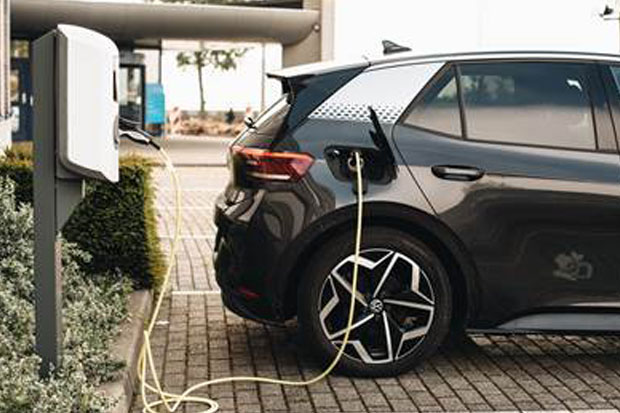

15/04/2025
Construction of a £70 million student accommodation development at 292-298 St Vincent Street in Glasgow has reached a significant milestone, with the building now visibly rising from the ground.
Drone footage has captured the progress of the project, which is a partnership between developer Artisa
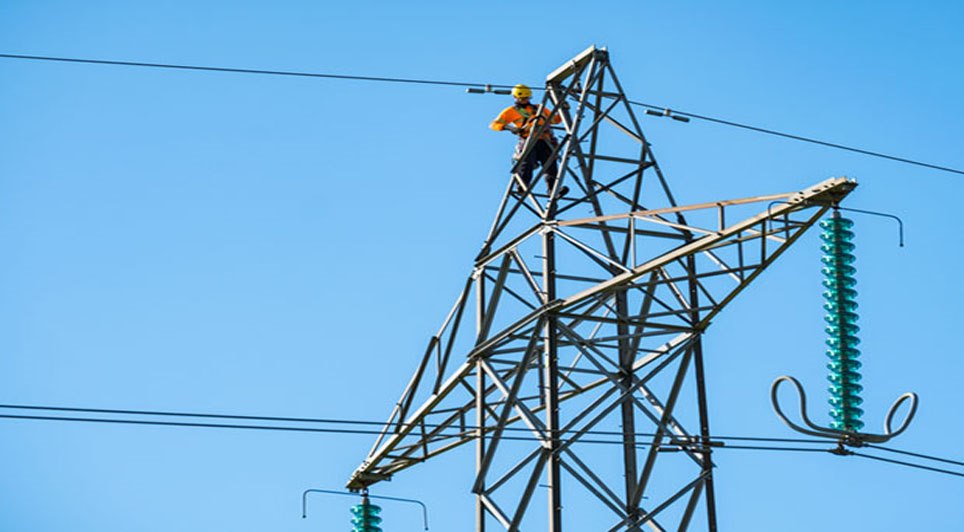
15/04/2025
Energy regulator Ofgem is expected to confirm today (April 15) its finalised Connections Reform process, designed to expedite grid connections for renewable energy projects that are ready and crucial for achieving the UK's clean power targets for 2030 and beyond.
The new connections system, anticip

15/04/2025
The ambitious transformation of Glasgow’s landmark George Square has moved into a tangible phase with the commencement of the erection of hoardings around the perimeter of the civic space. Starting today, the hoardings will enclose the Square for the duration of its 18-month redevelopment.
The pane
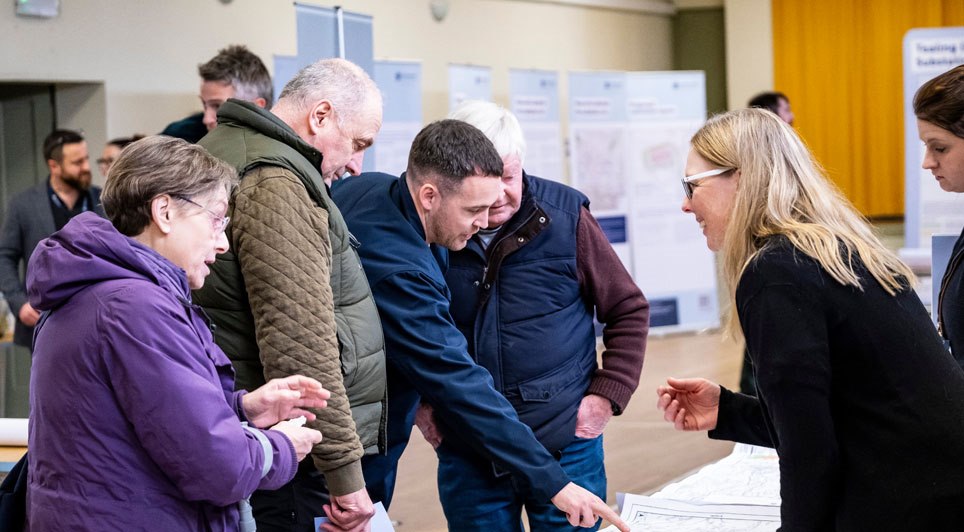
15/04/2025
Members of the public are invited to attend a consultation feedback event to discuss the proposed infrastructure associated with a new underground electricity transmission cable between the Kinardochy and Errochty substations in Perthshire.
The event will take place on Monday, 28 April, from 4 pm t
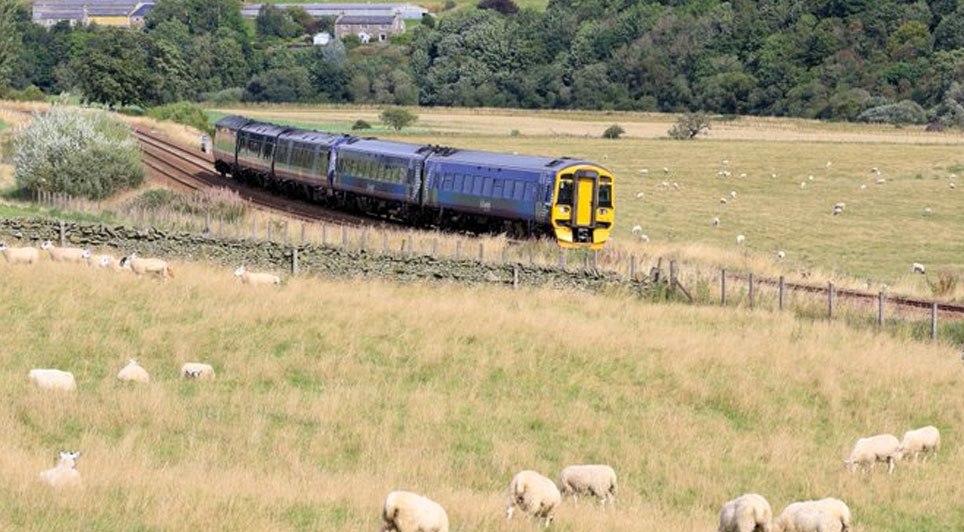
15/04/2025
Turner & Townsend have been appointed as project managers to develop a business case for the potential extension of the Borders Railway beyond its current terminus at Tweedbank to Hawick and Carlisle.
This key appointment will enable crucial work to progress on the project, including feasibility s
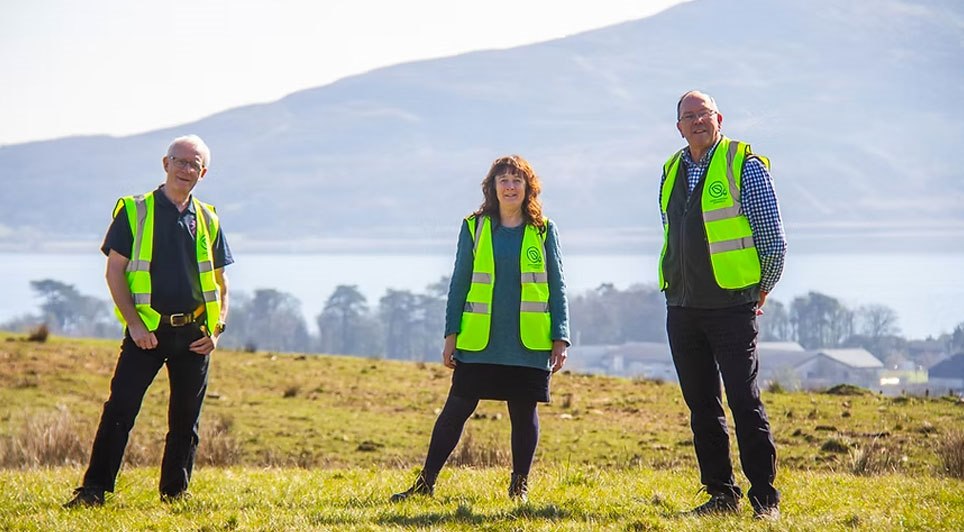
15/04/2025
Arran Community Renewables, a Community Benefit Society based on the Isle of Arran, has secured planning consent for a 6 MW solar farm. The Glenkiln Solar Farm, located approximately 1km west of Lamlash, is projected to generate 5,600MWh of clean renewable energy annually from 2027.
The £5 million

15/04/2025
A new Route Map has been published by the Scottish Land Commission (SLC) to ensure communities across Scotland secure tangible and long-lasting benefits from nature restoration projects and investment in the country's natural environment.
The practical guide is designed for landowners, developers,
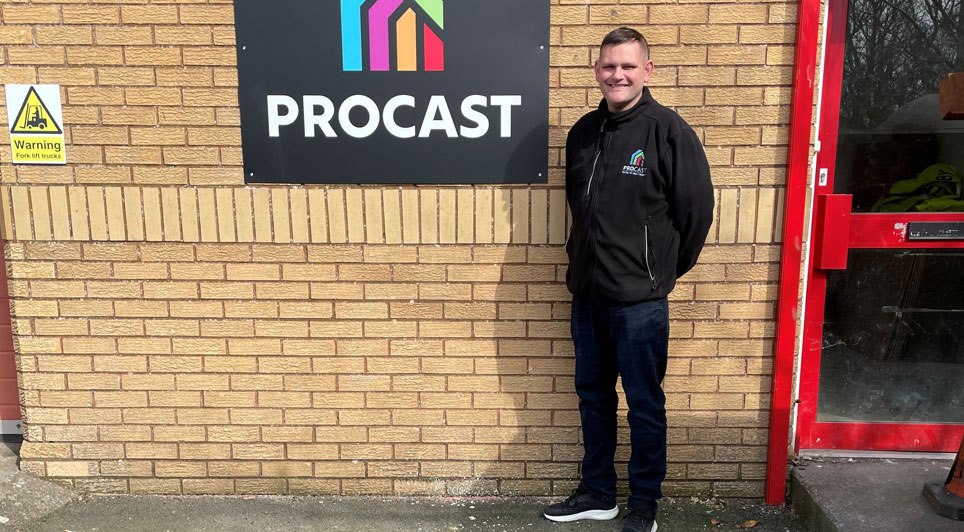
15/04/2025
Award-winning principal contractor Procast Group has further expanded its presence across Scotland with the opening of a new base in Dumfries. The Hamilton-based firm has invested £30,000 in a new warehouse and office facility in the Maxwelltown Industrial Estate in Dumfries and Galloway, marking it
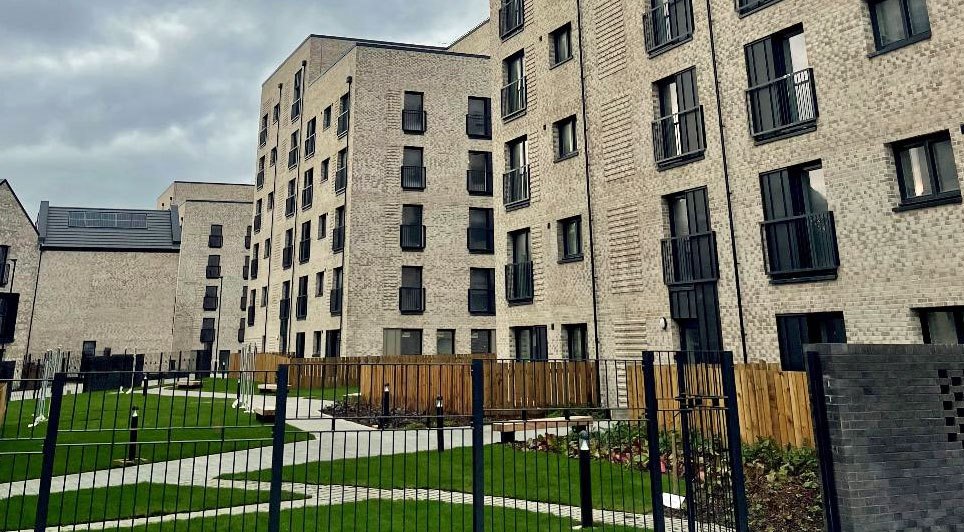
14/04/2025
Glasgow City Council's Affordable Housing Supply Programme (AHSP) facilitated the completion of over 1,000 new affordable homes in the city during the past year, despite facing budgetary reductions at the start of the financial year.
The initial grant of £78.687 million from the Scottish Government
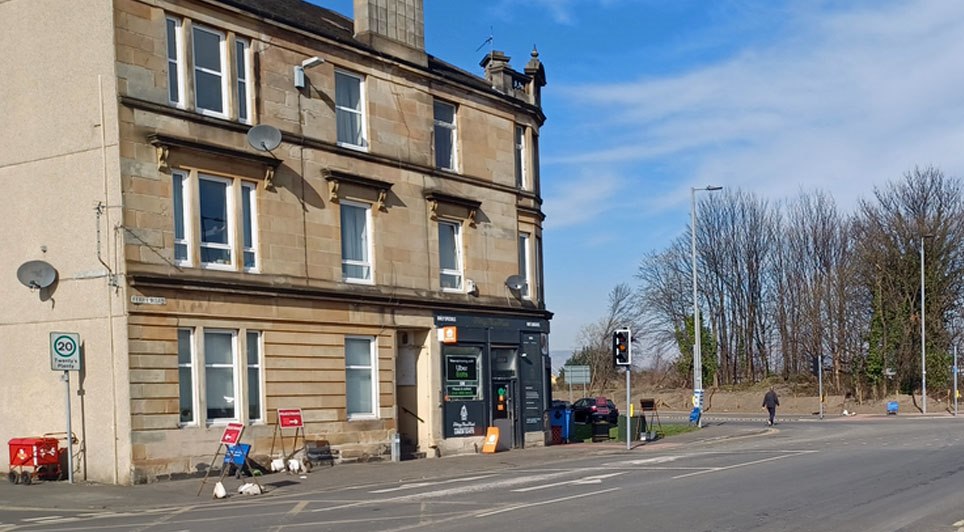
14/04/2025
A key phase of Scottish Water's £11.5 million project to upgrade a strategic rising sewer main connecting Renfrew and Glasgow is set to begin, resulting in a significant road closure.
From Monday, 28 April 2025, Ferry Road in Renfrew will be closed to all vehicular traffic for a period of four mont
 Scotland
Scotland UK
UK Ireland
Ireland London
London










